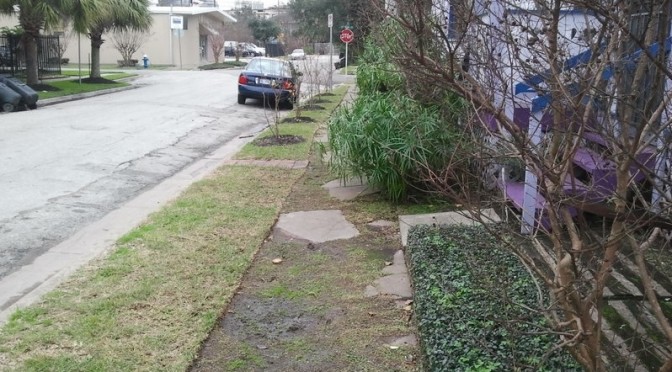Minimum Wage Increases Won BIG in 2014. But not in Texas
Even as we continue to disseminate all that was Election 2014, it's important to note that one issue typically associated with Progressive policies not only survived the Red Tide, but proved to be one of the night's biggest winners. Voters in four states and the city of San Francisco all approved increases in the minimum … Continue Reading ››

